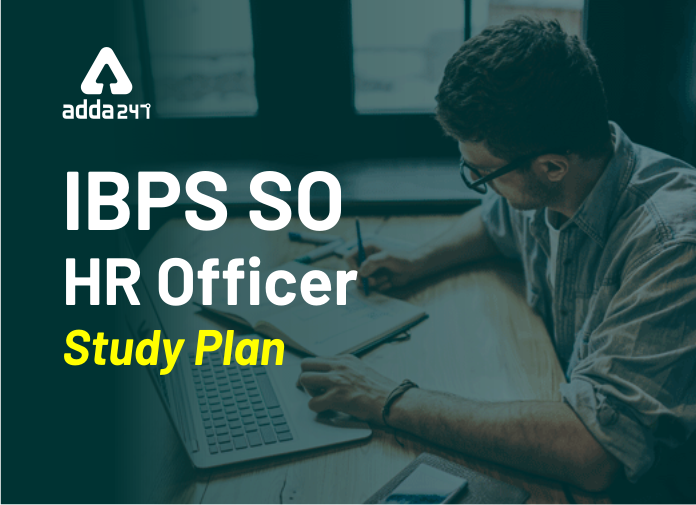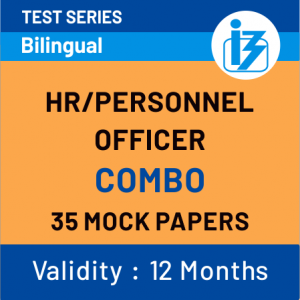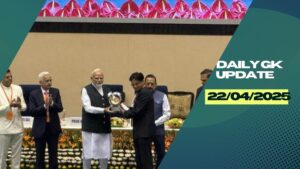Table of Contents
IBPS SO Prelims exam is scheduled to be held on 28th and 29th December whereas IBPS SO Mains will take place on January. As we are heading towards the IBPS SO Prelims exam it is necessary to also kick start your preparation for the mains exam as well. We all know time after the prelims exam to prepare for Mains is very limited and one has to start his/her preparation right from the beginning. IBPS SO HR Officer is one of the post under IBPS specialist officer recruitment 2019. Students who are appearing for this post must be looking for a well defined strategy and study plan incorporated with the variety of questions which will help them to revise their whole syllabus to be prepared for IBPS SO HR Officer professional Knowledge. Before we dive into the tips to prepare for IBPS SO HR officer syllabus and study plan, let us have a look at its exam pattern.
You can also check detailed IBPS SO syllabus 2019.
IBPS SO HR Officer exam pattern (prelims)
| Sr. No. | Name of Tests | No. of Questions |
Maximum Marks |
Medium of Exam | Duration |
| 1. | English Language | 50 | 25 | English | 40 minutes |
| 2. | Reasoning | 50 | 50 | English and Hindi | 40 minutes |
| 3. | Quantitative Aptitude | 50 | 50 | English and Hindi | 40 minutes |
| Total | 150 | 125 |
IBPS SO HR Officer exam pattern (Mains)
| Name of the Test | No. of Questions |
Maximum Marks |
Medium of Exam |
Duration |
| Professional Knowledge | 60 | 60 | English & Hindi | 45 minutes |
Professinal knowledge is the only subject in the IBPS SO Mains examiantion thus it is of utmost important to prepare it as it carries a total weightage of 60 marks. It seems easy to prepare for the only section, but there are many prominent aspirants ready to give you a tough fight for the same. So each aspirant needs to be smart to be one step ahead of every one.
Important Topics to be covered for IBPS SO HR Officer professional Knowledge 2019
Human Resource Planning
- Recruitment and Selection, Separation, Retention
- Human Resource Demand Forecasting
- Human Resource Supply Forecasting : Techniques;
- Work Study
- Work Scheduling
- Job Design
- Human Resource Information System
- Human Resource Accounting and Audit
Human Resource development
- Models and Framework of Evaluation
- HRD Audit
- HRD Applications
- Competencies of HRD
- Evolution, Concept, Goals, Benefits, Functions
Mobility of Personnel and Retirement-
- Transfers
- promotion
- demotion
- separation
Transnational Analysis
- different types of transactions
- use of TA for improving behavior.
Compensation Management
- compensations philosophies & approaches
- Bases for pay- traditional bases, incentive pay and person-focused pay
- Employee Benefits- legally required benefits, discretionary benefits
Strategic Human Resource Management
- evolution of SHRM
- Strategic fit frameworks
- HRM and firm performance linkages
- Measures of HRM performance
- barriers to strategic HR
- Downsizing
- Restructuring
- outsourcing and off shoring,
Training and Development
- Strategic Training
- Types and Methods
- Training Process
- Training Needs Assessment
- Theories and Program Design
- Principles of Adult Learning
- Traditional and Modern Training Methods
- Training Aids
- Training Climate
- Evaluation designs
Performance Management
- Performance Management Process
- Strategic Planning
- Performance Appraisal.
- Measuring Approach
- Performance Management and Employee Development
- Performance management practices in Indian organizations.
- Rewards and Recognition
Organisational Change and Intervention Strategies
- Organizational Change
- Models of Organizational Change- Kurt Lewin’s Models of Change, Huse’s 7 stages model of change
- Resistances
- Intervention Strategies
- Organizational Diagnosis- Weisbord’s model of Organizational Diagnosis
- OD process
- OD Interventions
- Ethics of OD
Counseling Skills for Managers
- Approaches to Counseling-
- Psycho-analytical
- Therapeutic (Alfred Adler Theory),
- Behaviouristic (B. F. Skinner Theory),
- Cognitive (Albert Ellis Model)
- Humanistic Approaches (Carl Rogers Approach)
- Counseling Process- 5-D Model
- Verbal and Non-verbal Communication Modalities
- Listening Barriers
- Counseling and Psychotherapy
Labour Laws
- Trade Union Act
- Industrial Dispute Act;
- Factory Act
- Payment of Wages Act
- Minimum Wages Act
- Payment of Bonus Act
- Payment of Gratuity Act
- Workmen’s Compensation Act
- Employees’ State Insurance Act
As the syllabus for the IBPS SO HR Officer is vast and preparing the same will require lots of effort and time. To help you with the same, we are providing the aspirants with the IBPS SO HR Officer study plan and quizzes for the same will be given based on the different topics discussed above. Studying according to study plan and with the updated questions made by the expert team will help you prioritize your topics.
Check IBPS SO HR Officer Study Plan for Professional Knowledge
| Day | Date | Topic |
| Day 1 | 24th Dec | Human Resource Planning |
| Day 2 | 26th Dec | Human Resource Development |
| Day 3 | 28th Dec | Mobility of Personnel and Retirement- |
| Day 4 | 31st Dec | Transnational Analysis |
| Day 5 | 2nd Jan | Compensation Management |
| Day 6 | 4th Jan | Compensation Management |
| Day 7 | 7th Jan | Training and Development |
| Day 8 | 9th Jan | Performance Management |
| Day 9 | 11th Jan | Organizational Change and Intervention Strategies |
| Day 10 | 14th Jan | Counseling Skills for Managers |
| Day 11 | 16th Jan | Labour Laws |
| Day 12 | 18th Jan | Practice set |
| Day 13 | 21st Jan | Practice set |
| Day 14 | 23rd Jan | Practice set |
So students, stay tuned with us to practice the the day wise quizzes for the post of IBPS SO HR Officer. If you are appearing for IBPS SO IT Officer, you can also practice from the day wise quizzes for the same. Chek IBPS SO IT Officer study plan.




 GA Capsule for SBI Clerk Mains 2025, Dow...
GA Capsule for SBI Clerk Mains 2025, Dow...
 The Hindu Review October 2022: Download ...
The Hindu Review October 2022: Download ...
 Daily Current Affairs 22nd April 2025, I...
Daily Current Affairs 22nd April 2025, I...





